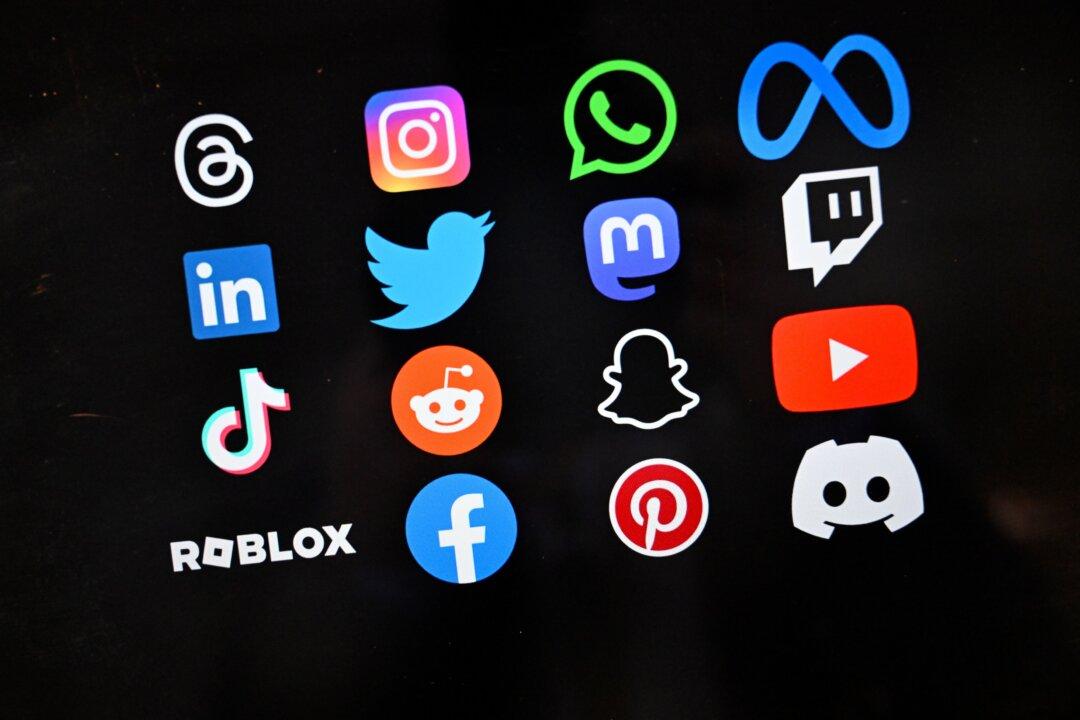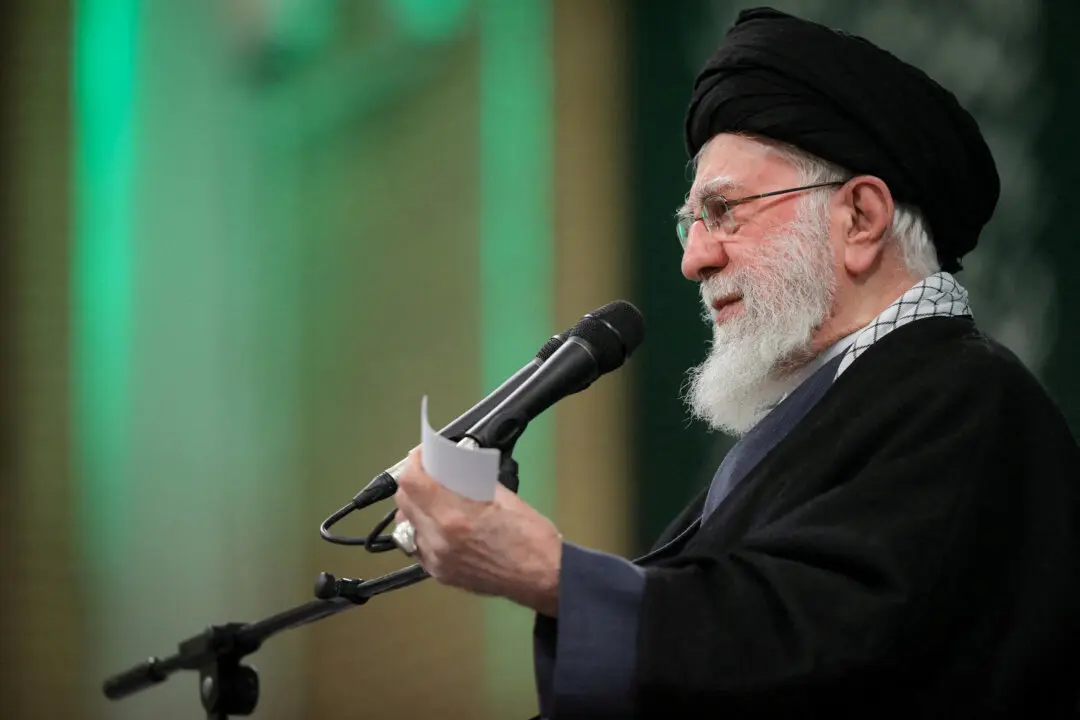An Australian government minister on Nov. 21 introduced a bill to parliament aiming to ban people under the age of 16 from using social media, saying that online safety is one of the toughest challenges facing parents in the modern age.
Australian Communications Minister Michelle Rowland told the Australian Parliament in Canberra that social media platforms such as Instagram, Facebook, TikTok, Reddit, and X were some of the websites that could face AU$50 million (about $33 million) in fines for failing to stop young people from having accounts on their platforms.





